

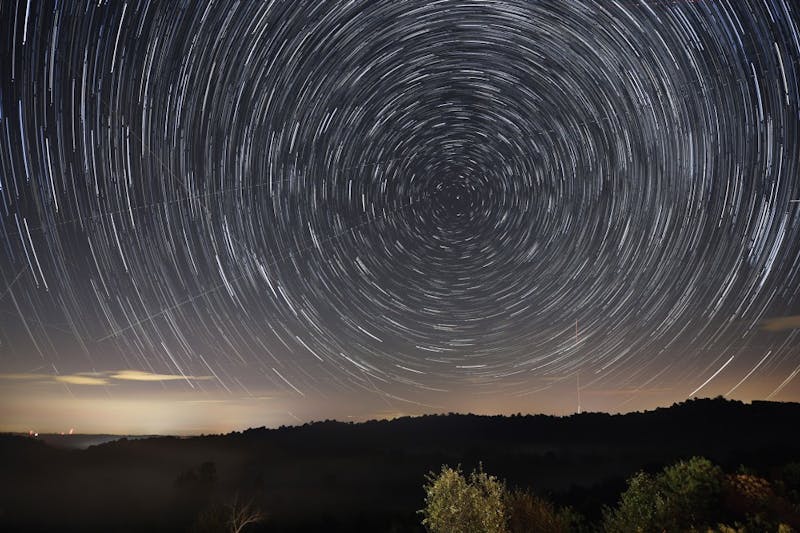
MATT STARKEY
01.11.17
A correction has been appended
Mary Puzder first became interested in astrology in middle school by reading the horoscope sections of teenage girl magazines.
“I was like, ‘Well, it’s interesting, and I don’t necessarily believe in it,’” Puzder, a sophomore studying journalism, said.
Her interest started to really develop “out of boredom” when she researched the zodiac signs and checked out a book from a library about astrology. She said she believes in the personality aspects of astrology, but she doesn’t “take stock” in horoscopes that predict the future even though she still enjoys reading them.
“It’d be weird to believe, wholeheartedly, that something so far away can control how your day is going,” Puzder said. “I just think it’s interesting to compare. I wouldn’t base my day off of something saying, ‘Oh, you might find your long-time love interest today.’ I’d be like ‘Oh, wouldn’t that be something’ and carry on with (my) day.”
Astrology has roots in ancient times, and many people still believe it to be valid. According to a 2012 study by the National Science Foundation, 32 percent of Americans consider astrology to be “sort of scientific” and 10 percent found it to be “very scientific,” an increase from previous years.
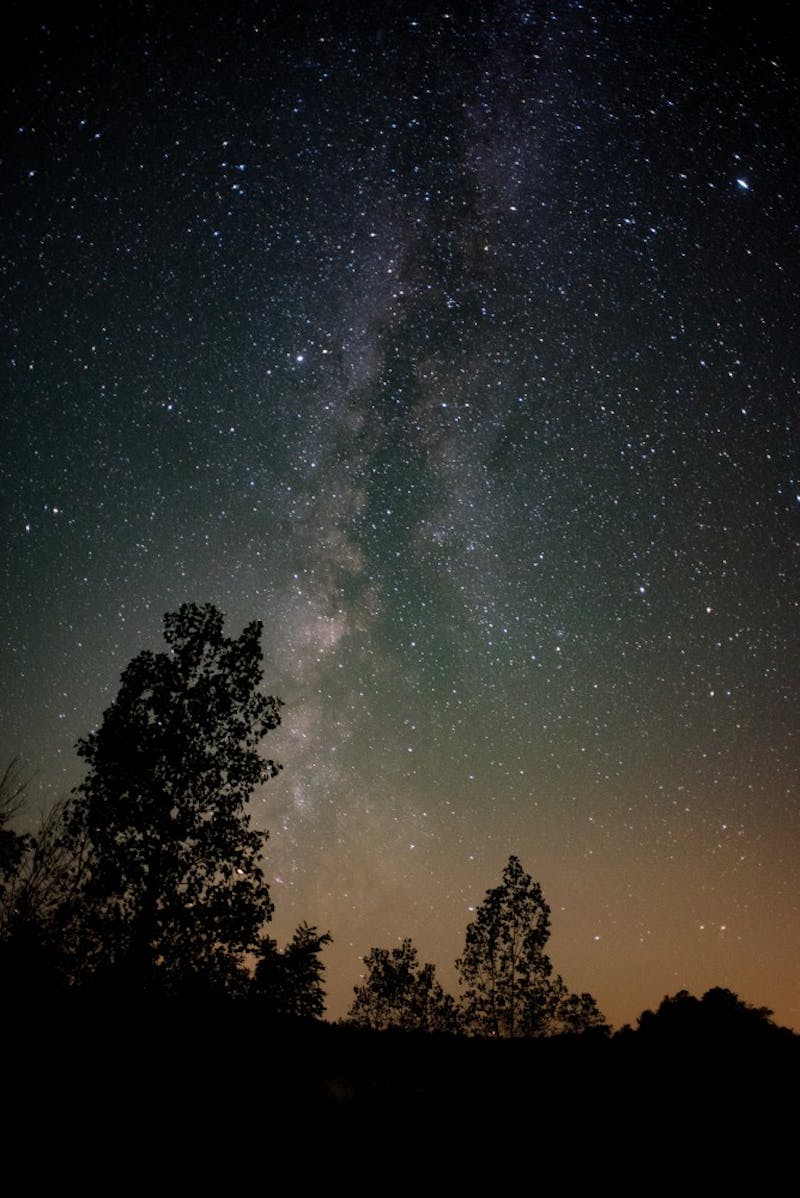
Matt Starkey
Stars over AEP Recreation Land in Morgan County on October 2, 2016.
Many astronomers agree with NASA that astrology is “not science.” However, astrology enthusiasts still see a relationship between the alignment of the stars and the way people act.
According to the American Federation of Astrologers, astrology was believed to first come from the ancient Babylonians. It was used to help predict weather patterns and human affairs, such as war, by looking at the positions of the stars and planets.
Although astrology uses the stars to describe character traits and predict future outcomes, George Eberts, an astronomy instructor, said astrology has no scientific basis at all.
Astrology came about during a time where people had limited technology and a small understanding of astronomy, so finding constellations in the sky was an easy way to make order out of a confusing concept, Eberts said. However, he said the shapes in the sky are a product of the human mind and are not actually connected in any way.
Even though Puzder has an interest in astrology, she does not completely disagree with skeptics.
“I just don’t think it’s a good idea to let something that’s catered for so many people to apply to you so specifically,” Puzder said.
For example, when a planet is in retrograde, some people believe that events will be “out of whack,” Puzder said, which is something she doesn’t believe in.
“When everyone’s having a bad day they’ll be like ‘Oh, Mercury is in retrograde, it’s whatever. It’s not my fault,’ ” Puzder said of when planets appear to be moving backward. “I think it’s a way for people to just scapegoat things. … You’re in charge of your day, not the stars.”
Despite the lack of scientific basis, some people, like Olivia McManamon, a junior studying microbiology, say astrology helps give insight about people and events and the “energy” of a certain period of time.
“I find it to prove itself to be true,” McManamon said. “It will help you understand certain issues and understand personality and kind of give a little bit of a reason or an insight of why things are the way they are.”
Even though she believes many aspects of astrology to be true, McManamon added it is important to not let astrology completely define a person or events that happen.
“It’s a tool and not an explanation,” McManamon said.
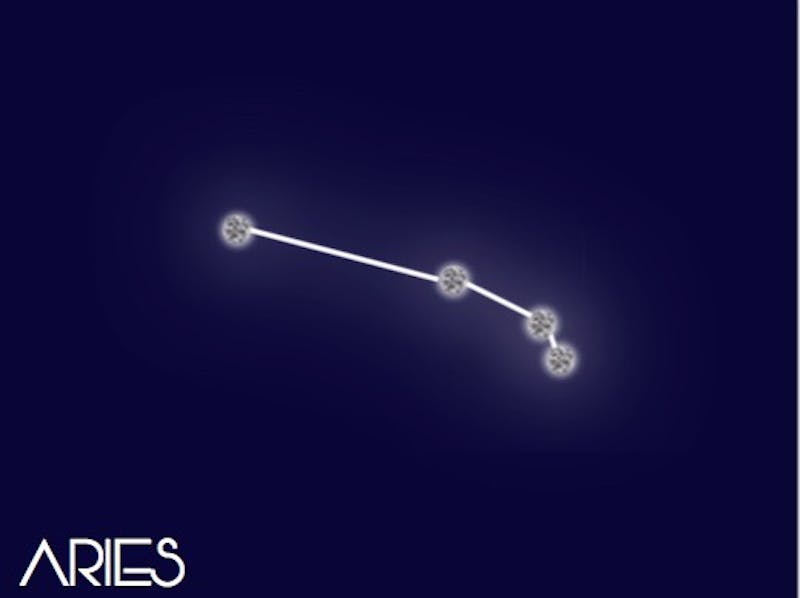
March 21 - April 19
Emoji: ♈
Symbol: The Ram
Stone: Amethyst, Diamond
Color: Red
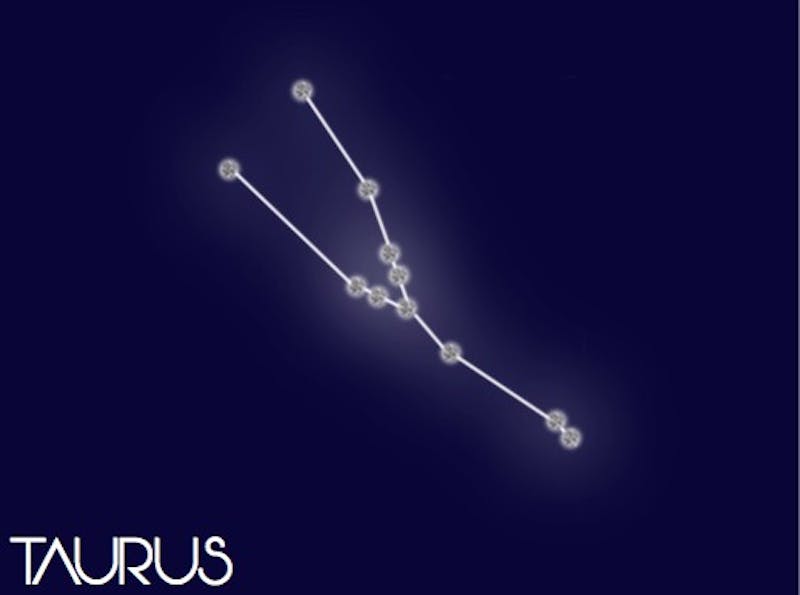
April 20 - May 20
Emoji: ♉
Symbol: The Bull
Stone: Emerald
Color: Green
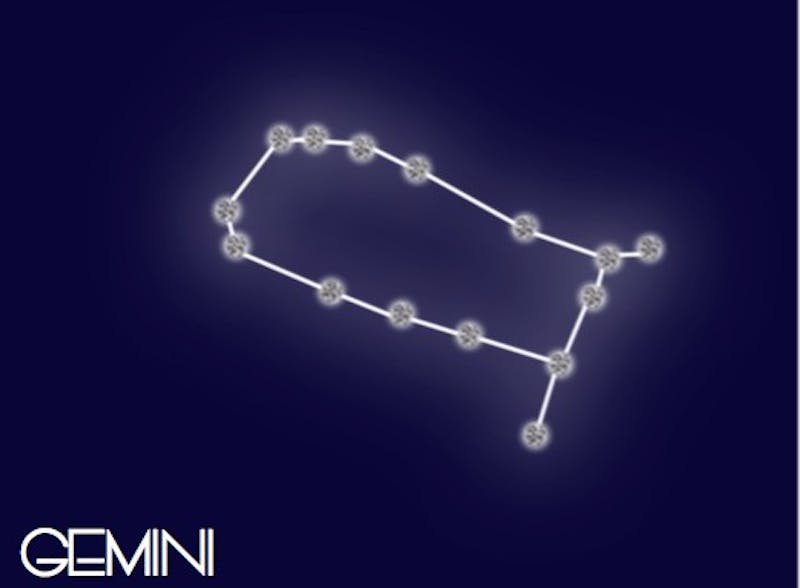
May 21 - June 20
Emoji: ♊
Symbol: The Twins
Stone: Agate
Color: Yellow
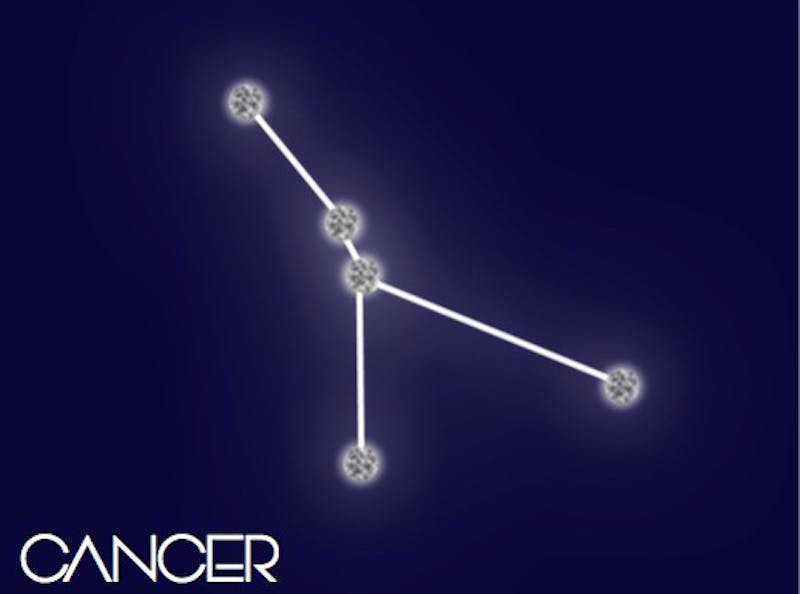
June 21 - July 22
Emoji: ♋
Symbol: The Crab
Stone: Pearl, Opal
Color: White, Yellow
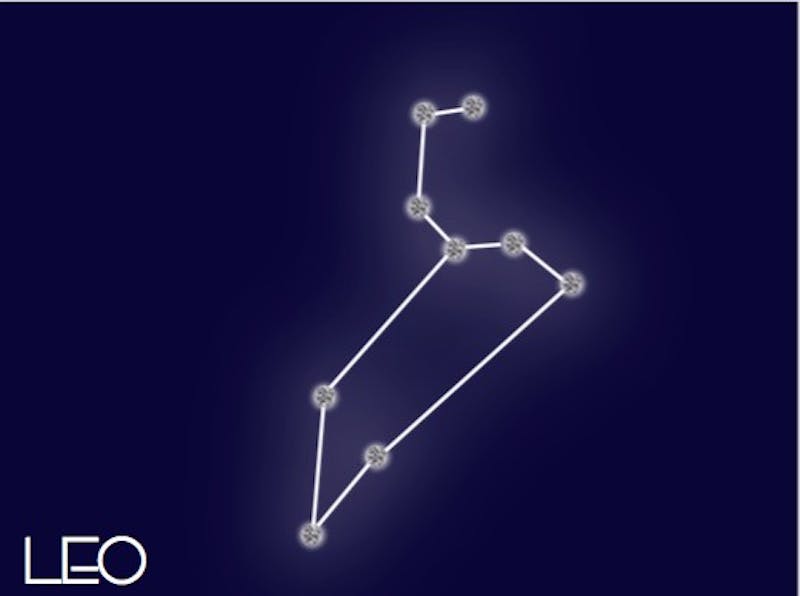
July 23 - Aug. 22
Emoji: ♌
Symbol: The Lion
Stone: Ruby
Color: Orange, Gold
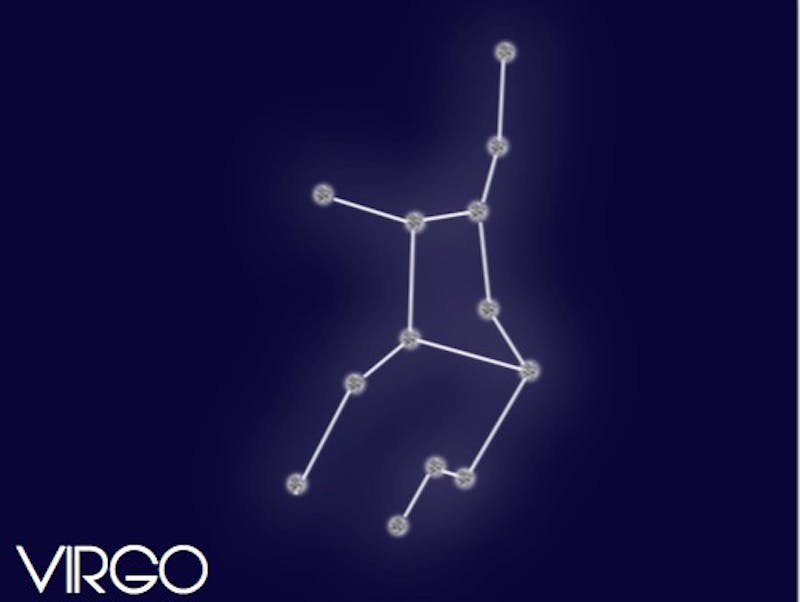
Aug. 23 - Sept. 22
Emoji: ♍
Symbol:The Virgin
Stone: Saphire
Color: Blue, Beige
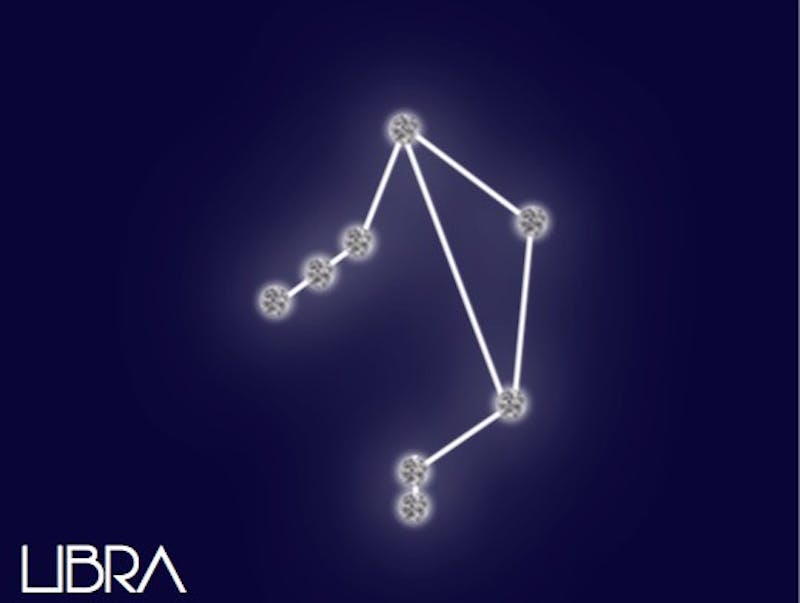
Sept. 23 - Oct. 22
Emoji: ♎
Symbol: The Scales
Stone: Diamond, Quartz and Marble
Color: Pastel Green
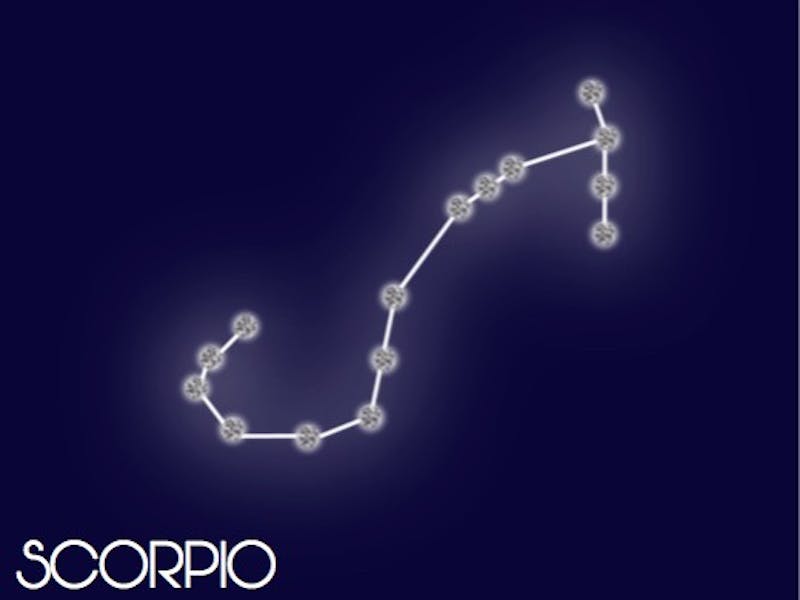
Oct. 23 - Nov. 21
Emoji: ♏
Symbol: The Scorpion
Stone: Topaz, Opal
Color: Purple
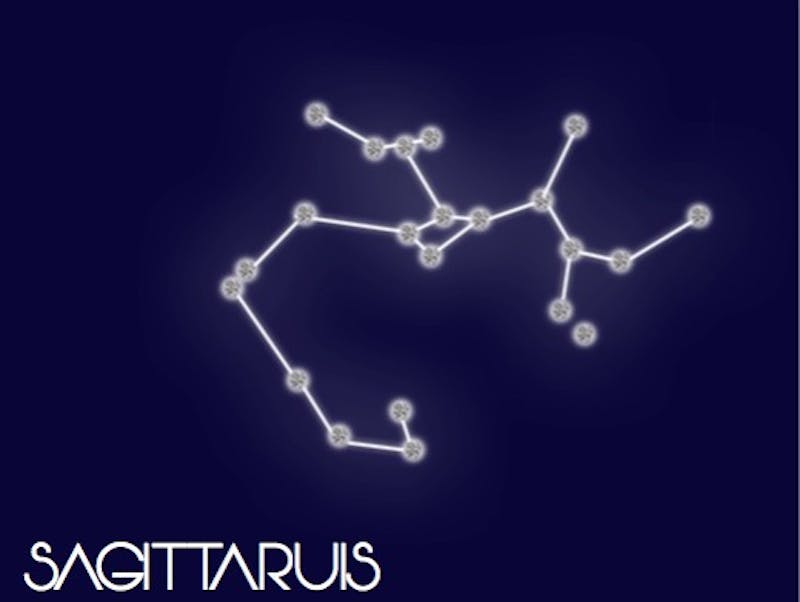
Nov. 22 - Dec. 21
Emoji: ♐
Symbol: The Archer
Stone: Topaz
Color: Turquoise
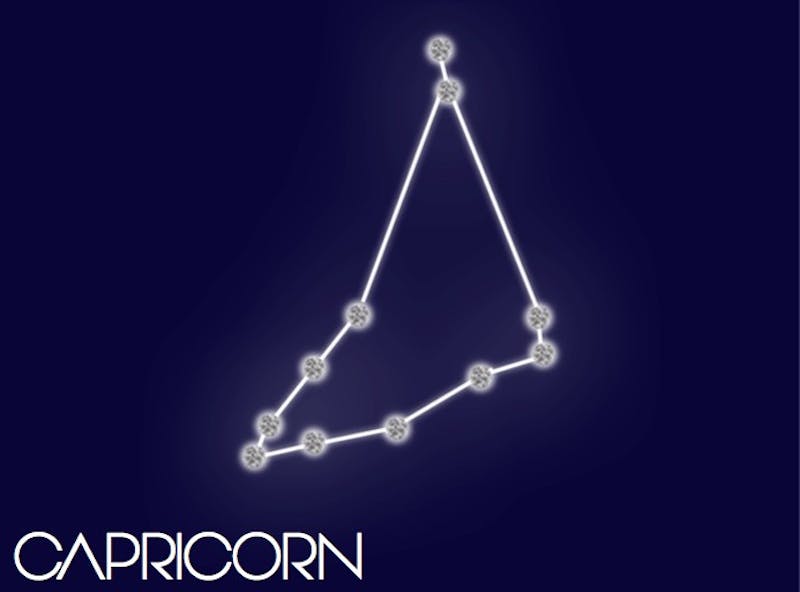
Dec. 22 - Jan. 19
Emoji: ♑
Symbol: The Goat
Stone: Amber, Onyx
Color: Purple, Brown
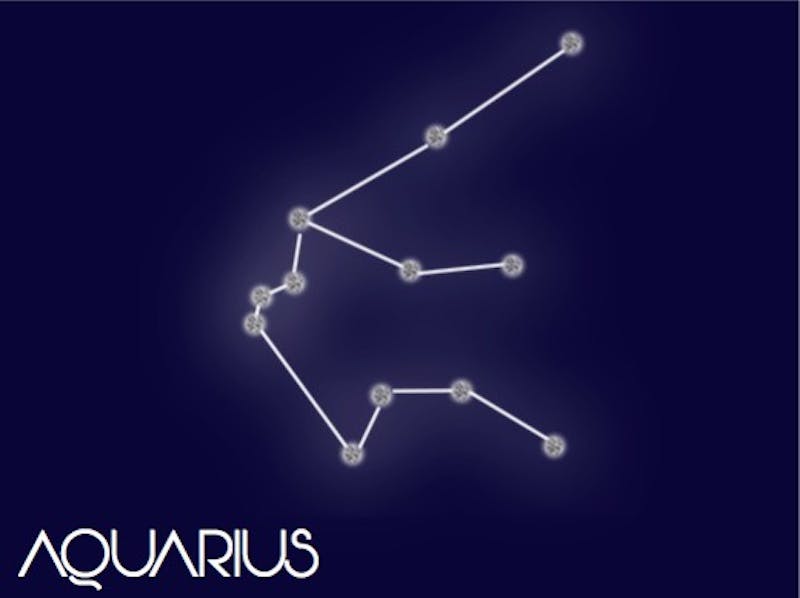
Jan. 20 - Feb. 18
Emoji: ♒
Symbol: The Water Bearer
Stone: Amethyst
Color: Sky Blue
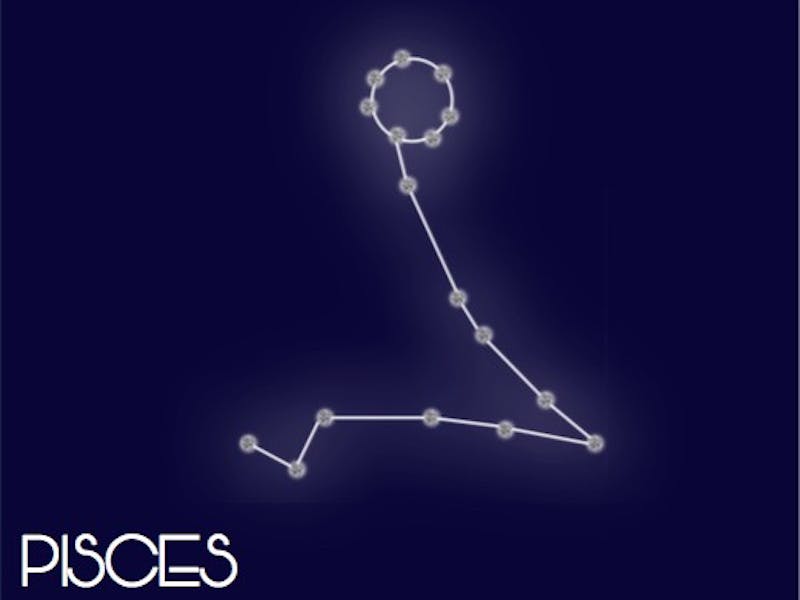
Feb. 19 - March 20
Emoji: ♓
Symbol: The Fish
Stone: Jade, Coral
Color: Sea Green
Some people may turn to astrology out of boredom, but Kim Rios, an associate professor of psychology, said some people utilize astrology as a way to attempt to control the world around them.
When people have perceptions of lack of order, they tend to compensate by believing in things or concepts that bring about structure, Rios said.
“I think, for a lot of people, astrology does that,” Rios said. “It purportedly explains a lot about your personality and what’s going to happen to you in the next ‘X’ number of weeks or months just depending on when you were born.”
People may also turn to astrology for explanations about their life because many people have a “relative distrust” in science, Rios said, meaning astrology can seem like a more reliable system to latch on to.
According to a 2015 Pew Research Center study, 79 percent of adults say “science has made life easier for most people.” A majority feel positively about “science’s impact on the quality of health care, food and the environment.” However, the same study also found that the majority of adults disagree with scientists about several science-related topics, such as climate change and genetically modified organisms.
“I would worry about those who rely too strongly on astrology discounting other sources of information, like science,” Rios said.
However, people such as Ian Kenyon, a freshman studying theater, enjoy a more light-hearted version of astrology. Kenyon likes looking at social media posts on Twitter and Tumblr that relate the signs to things such as TV show characters.
“It could even be like funny stuff like ‘Your signs as cereal flavors,’ and you could be like, ‘Oh my god, if I was a cereal box, I’d so be that,’” Kenyon said.
Puzder said she often finds both accuracies and inaccuracies when comparing her own sign to the way she actually is. Although some signs are stereotyped a certain way, Puzder said signs should be viewed in a more dimensional way because personalities are complex.
For example, she said people who share her sign, Aries, are supposed to be seen as leaders because they are the first sign in the zodiac.
“Sometimes, I don’t want to be a leader,” Puzder said. “I’d rather be a leader than a follower for sure, but that’s just me. I’m sure other Aries are not.”

Matt Starkey
Olivia McManamon, a junior studying microbiology, holds her astrology book on the third floor of Baker Center on January 10th, 2017.
When McManamon first meets people, she says she can usually detect their sign.
“It’s definitely easy to tell once you’ve kind of studied it for awhile,” McManamon said. “I think definitely by looking into someone’s eyes, you can definitely tell their moon sign.”
McManamon’s sun sign is an Aquarius, her rising sign is in Leo and her moon sign is in Pisces. She explained a rising sign is a person’s public personality and the first impression someone gives, a sun sign is how a person subconsciously tries to act and a moon sign is a person’s subconscious, more emotional sign.
People can determine their signs by using a birth chart calculator — available online — and inputting their date, place and time of birth.
“It kind of gives you almost a sense of identity without defining yourself,” McManamon said.
However, Rios said there could be an alternative explanation about why people think their zodiac sign matches their personality so well.
In psychology, the Barnum effect states that if people are given vague personality statements but are told those statements describe them personally, they will latch onto those descriptions. This, paired with the belief in Western societies that everyone is supposed to be unique, could be why people think their zodiac sign specifically describes them, Rios said.
“We’re motivated to be consistent with our own behaviors,” Rios said. “If I hear something that says you have a tendency to be hardworking, then I don't want to necessarily deviate from that and depart from what my personality supposedly is.”
Although Puzder said she does not always believe all aspects of astrology, she enjoys finding the similarities between people and their signs.
“I think it’s interesting how (astrology) can make you feel unique even though it’s applying to so many people,” Puzder said “I just like to see the similarities in things. It’s kind of like a matching game in your head almost.”
Correction: A previous version of this story incorrectly stated who sees a relationship between the alignment of the stars and the way people act. Astrology enthusiasts are those who see that relationship. The article has been updated with the most accurate information.